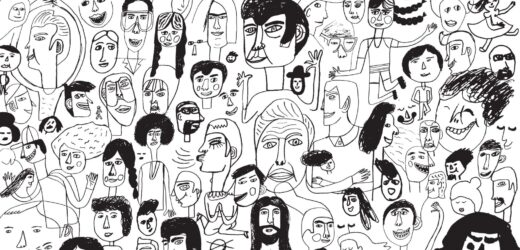When I visit colleges to facilitate conversations on curricular reform, I always begin my presentations with a quotation from Jerry Gaff, the grandfather of contemporary thinking on general education:
A program for reforming general education should be designed around each institution’s character, the strengths and interests of its faculty, and the needs of its students. (Gaff 1980, 51)










2 Responses
I very much appreciate learning others’ visions for “the gen ed experience”. Doing is inherently motiving, as are authentic audiences. One question in my mind is, how do we build in some guided practice with collaboration? Or, which approaches to groupwork best set up students to tackle such wicked problems? Anecdotally, “post”-pandemic, I’m finding that some students seem a bit lost as to how to manage and interact in small groups and I’m not sure which things to adjust.
This question is coming up a LOT these days, likely because, as you imply, of the pandemic.
Here are some things I do to help guide group work:
1) I ask each group to create a group constitution that lays out the guidelines for behavior in the group.
2) I ask each group to send me a weekly log that lays out what they did, who attended, how they communicated with folks that weren’t there, etc.
3) I ask group members to each send me a weekly e-mail that talks about what they learned that week, what questions are brewing in their minds, and to rate everyone in the group on a scale of 1-10, including themselves.
Actually, and this shows how tired I am right now, I just remembered that I wrote about this earlier this year! https://s45271.p609.sites.pressdns.com/topics/teaching-strategies/group-work/how-to-make-group-work-not-suck-scaffolding-the-collaborative-process-through-agency-and-self-regulation/